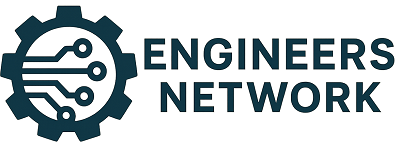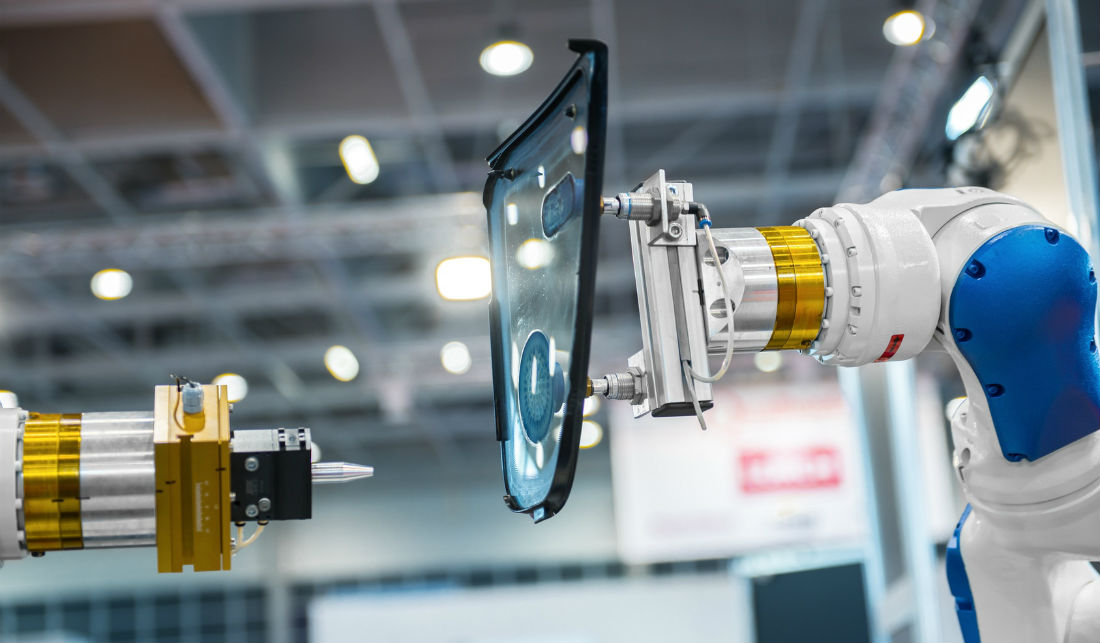Industry 4.0 or Fourth Industrial Revolution are terms that, increasingly, arise in engineering and economics projects. The digital transformation that has revolutionized telecommunications, travel, media or information technology has reached the industry.
Technology is revolutionizing industrial culture and, with it, the way to conceive and produce new products industrially. Process automation, robotization, artificial intelligence, cloud computing, the internet of things (IoT), the digitalization of processes, big data, nanotechnology, new materials, New ways of obtaining energy, cybersecurity, computer development and new learning capabilities of machines are shaping a new industrial era.
Intelligent industry, cyber-industry, Industry 4.0 or Fourth Industrial Revolution refer to the same: a new fully digitized industry with an evolution and exponential development in an environment of advances and changes as they were never seen before. The origin of these concepts began to take shape and become public in 2011, at the Hall of Industrial Technology in Hannover, Germany.
This revolution follows the steps of the other three historical revolutions in the industry: the first marked the transition from manual to mechanized production, between 1760 and 1830; the second, around 1850, brought electricity and allowed mass manufacturing; the third, at the beginning of this century, was the result of the conjunction of the internet and renewable energies. Now, this fourth transformative process creates a new scenario with an immense technological advance and a new culture of relationship between people and machines.
Faced with this new reality, the different countries are developing their own strategies to promote and take advantage of this new industrial era.
The World Economic Forum is disseminating the advances of this new revolution with sessions and publications such as the web. For the World Economic Forum, the characteristics and benefits and impacts of this new industrial era are:
- Business disruption
- Fusion of technologies
- Innovation and productivity
- Agile governance
- Security and conflicts
- Inequality
- Ethics and identity
- Disruptions in jobs and skills
The Fourth Industrial Revolution is not only a great challenge for engineering, but it will be a new source of opportunities and professional growth for young engineers.
Tags: Industrial Revolution, Industry 4.0



Leave a Reply